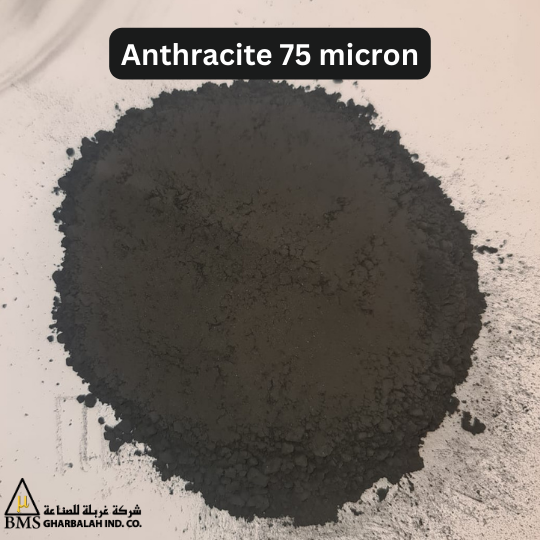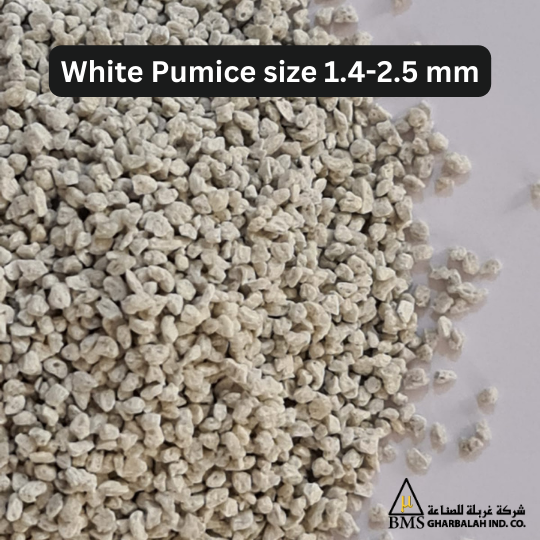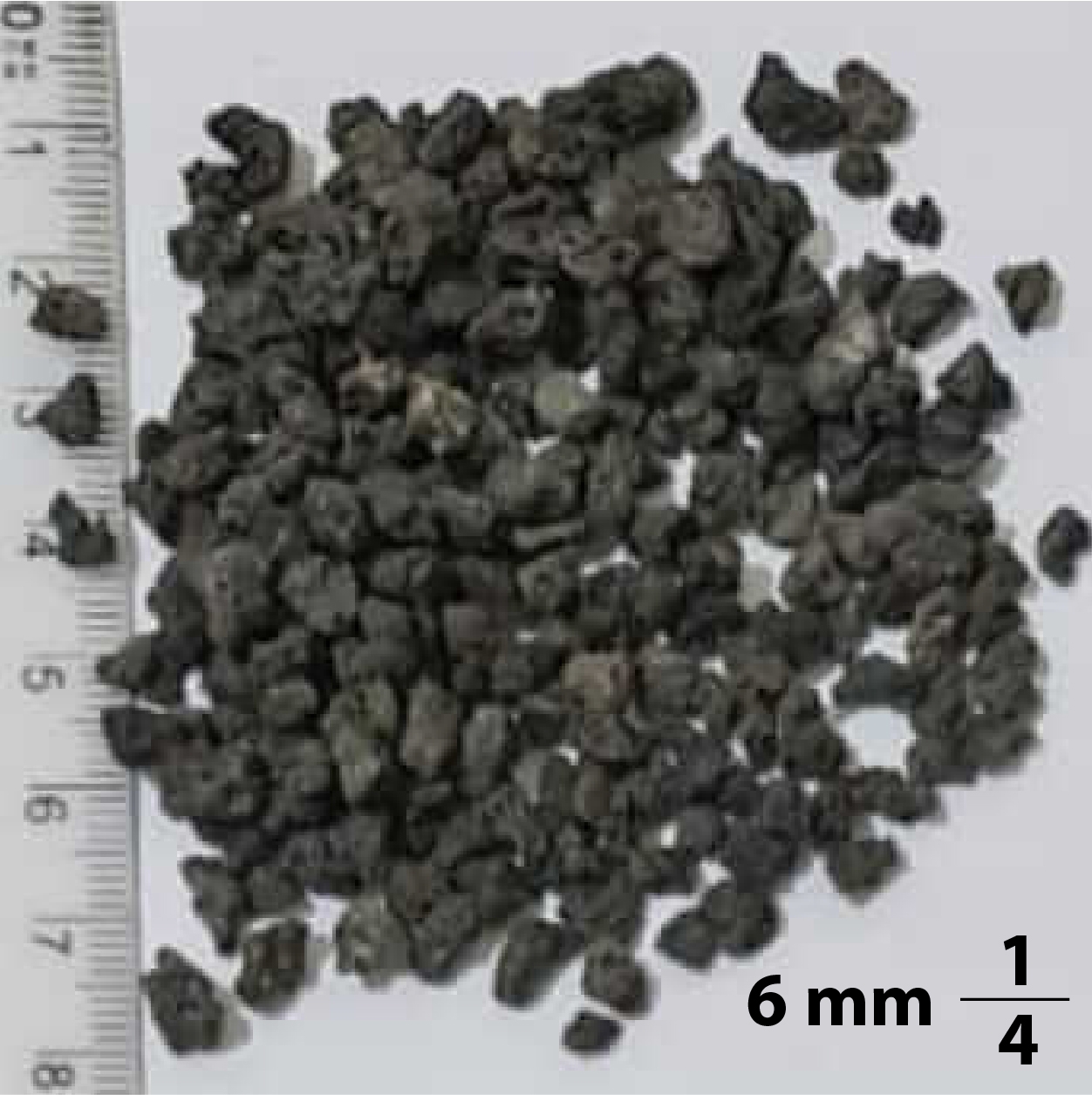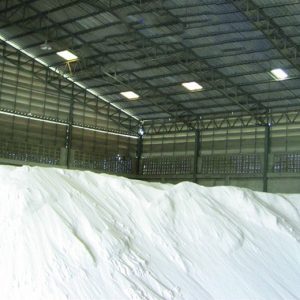Activated Carbon Cylindrical Type is used in methane and hydrogen storage, air purification, solvent recovery, decaffeination, gold purification, metal extraction, water purification, medicine, sewage treatment, air filters in respirators, filters in compressed air, teeth whitening, production of hydrogen chloride and many other applications.
Industrial application
One major industrial application involves the use of activated carbon in metal finishing for purification of electroplating solutions. For example, it is the main purification technique for removing organic impurities from bright nickel plating solutions. A variety of organic chemicals are added to plating solutions for improving their deposit qualities and for enhancing properties like brightness, smoothness, ductility, etc. Due to the passage of direct current and electrolytic reactions of anodic oxidation and cathodic reduction, organic additives generate unwanted breakdown products in solution. Their excessive build-up can adversely affect the plating quality and physical properties of deposited metal. Activated carbon treatment removes such impurities and restores plating performance to the desired level.
Activated Carbon Cylindrical Type for medical use
Activated carbon is used to treat poisonings and overdoses following oral ingestion. Tablets or capsules of activated carbon are used in many countries as an over-the-counter drug to treat diarrhea, indigestion, and flatulence. However, activated charcoal shows no effect on intestinal gas and diarrhea, and is, ordinarily, medically ineffective if poisoning resulted from ingestion of corrosive agents, boric acid, petroleum products, and is particularly ineffective against poisonings of strong acids or alkali, cyanide, iron, lithium, arsenic, methanol, ethanol or ethylene glycol. Activated carbon will not prevent these chemicals from being absorbed into the human body. It is on the World Health Organization’s List of Essential Medicines, the safest and most effective medicines needed in a health system.
Incorrect application (e.g. into the lungs) results in pulmonary aspiration, which can sometimes be fatal if immediate medical treatment is not initiated.
Analytical chemistry applications
Activated carbon is usually used in water filtration systems.
Carbon adsorption has numerous applications in removing pollutants from air or water streams both in the field and in industrial processes such as:
- Spill cleanup
- Groundwater remediation
- Drinking water filtration
- Air purification
- Volatile organic compounds capture from painting, dry cleaning, gasoline dispensing operations, and other processes
- Volatile organic compounds recovery (solvent recovery systems, SRU) from flexible packaging, converting, coating, and other processes.










